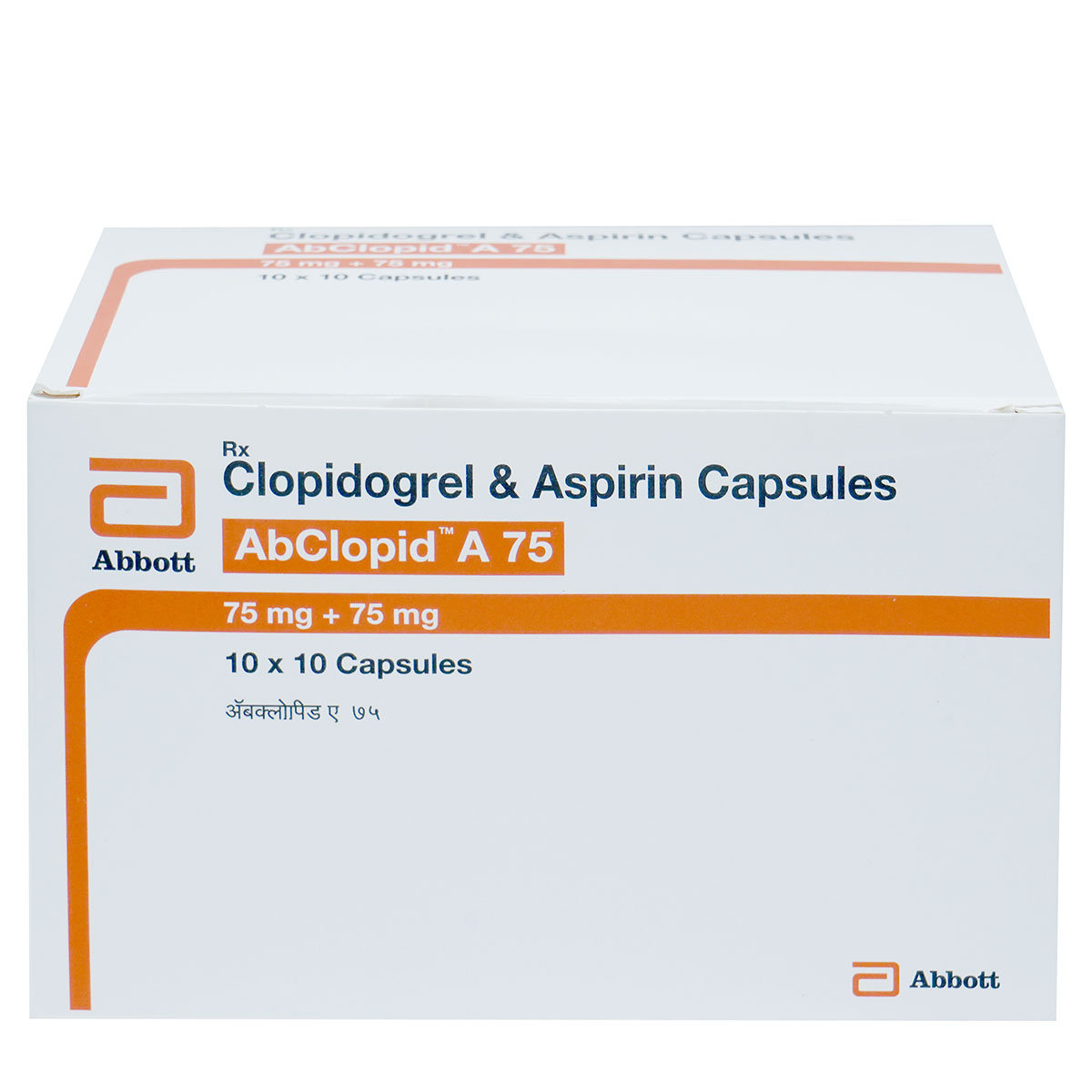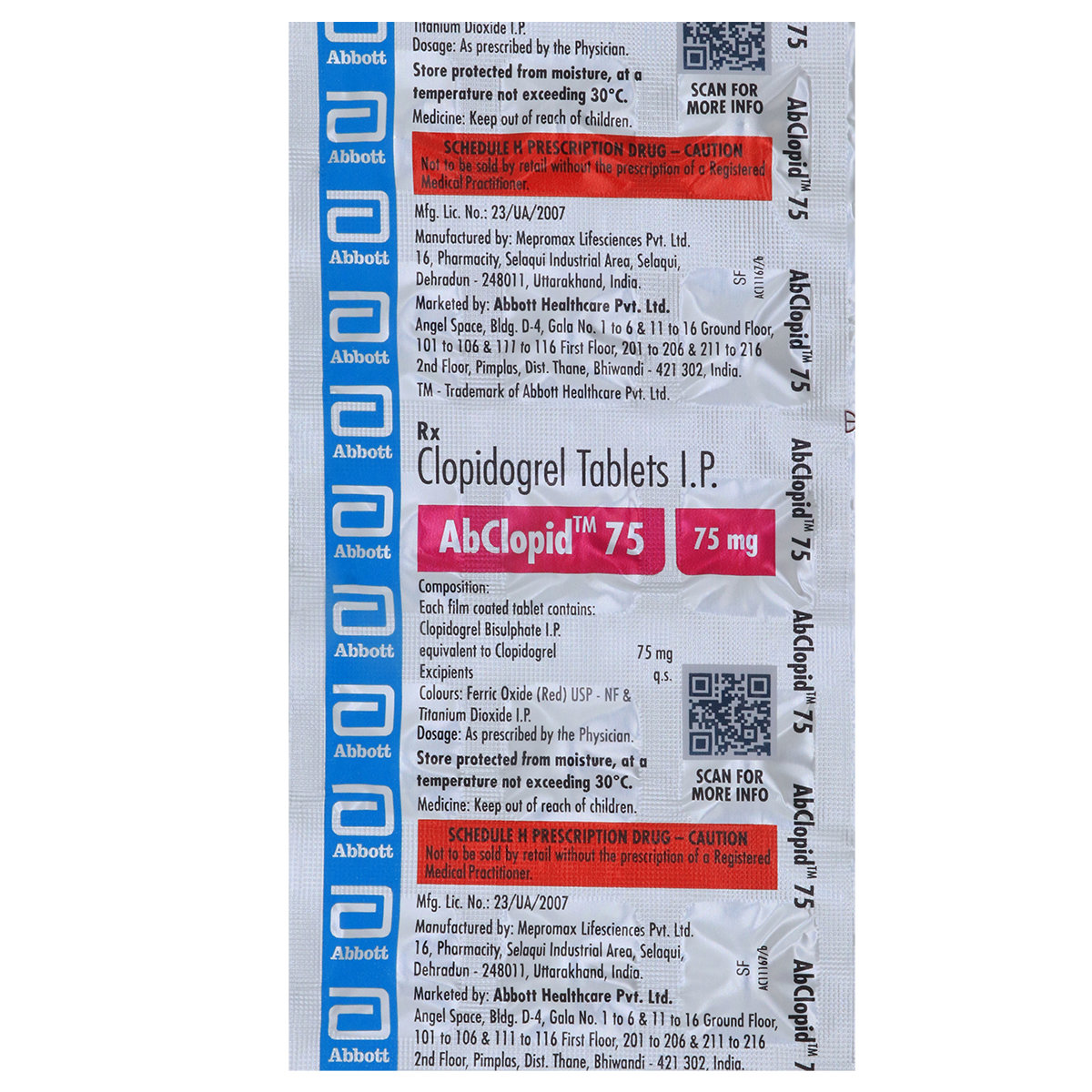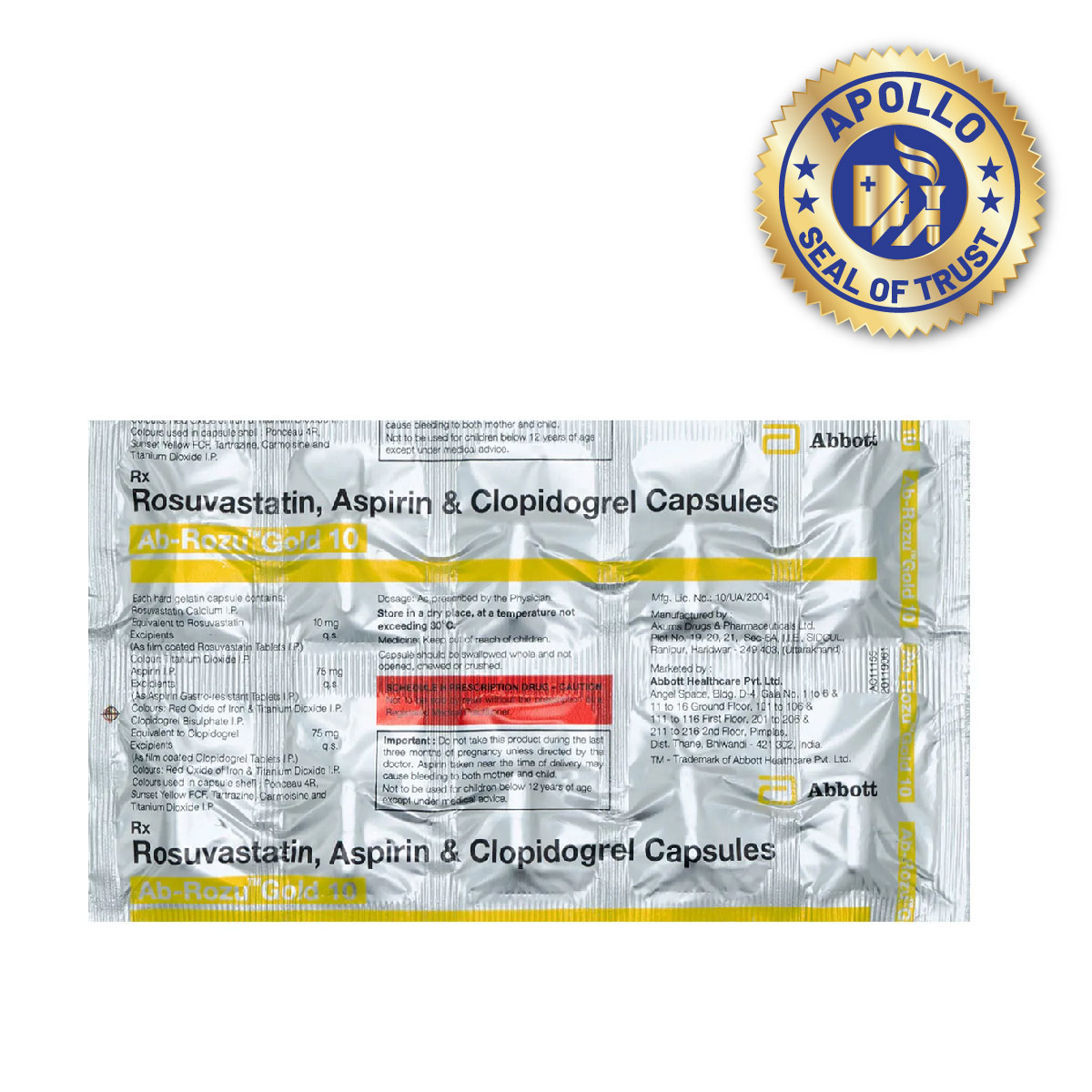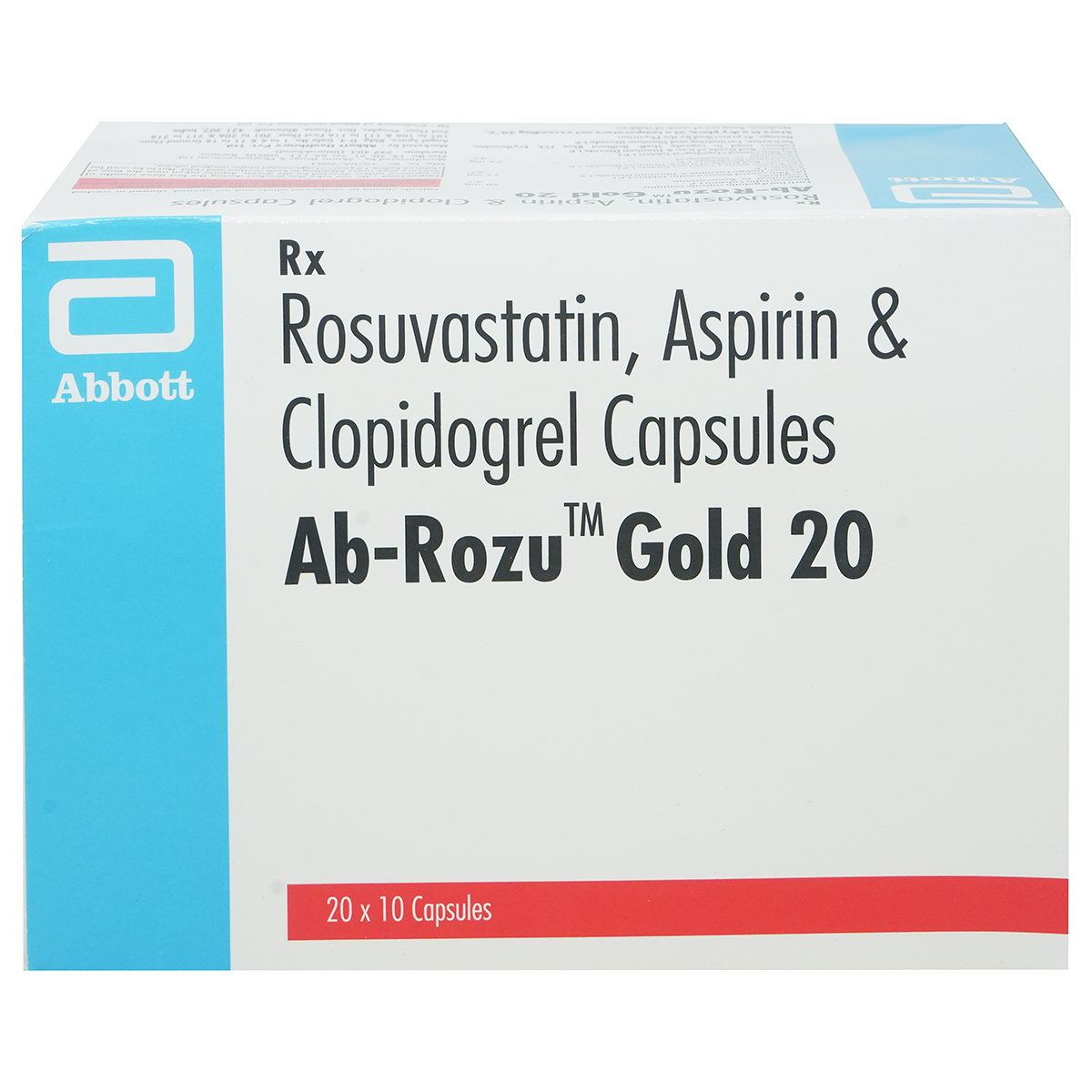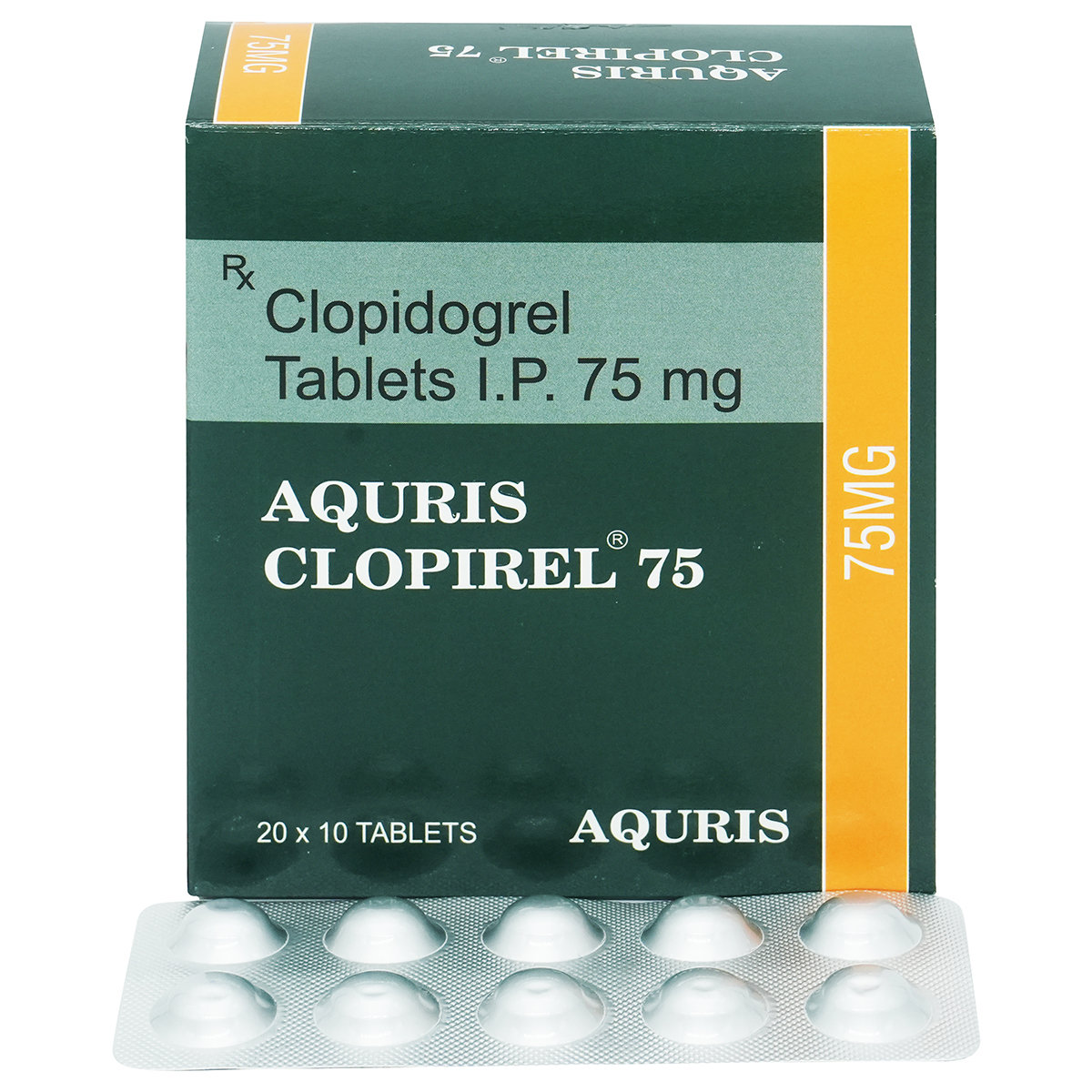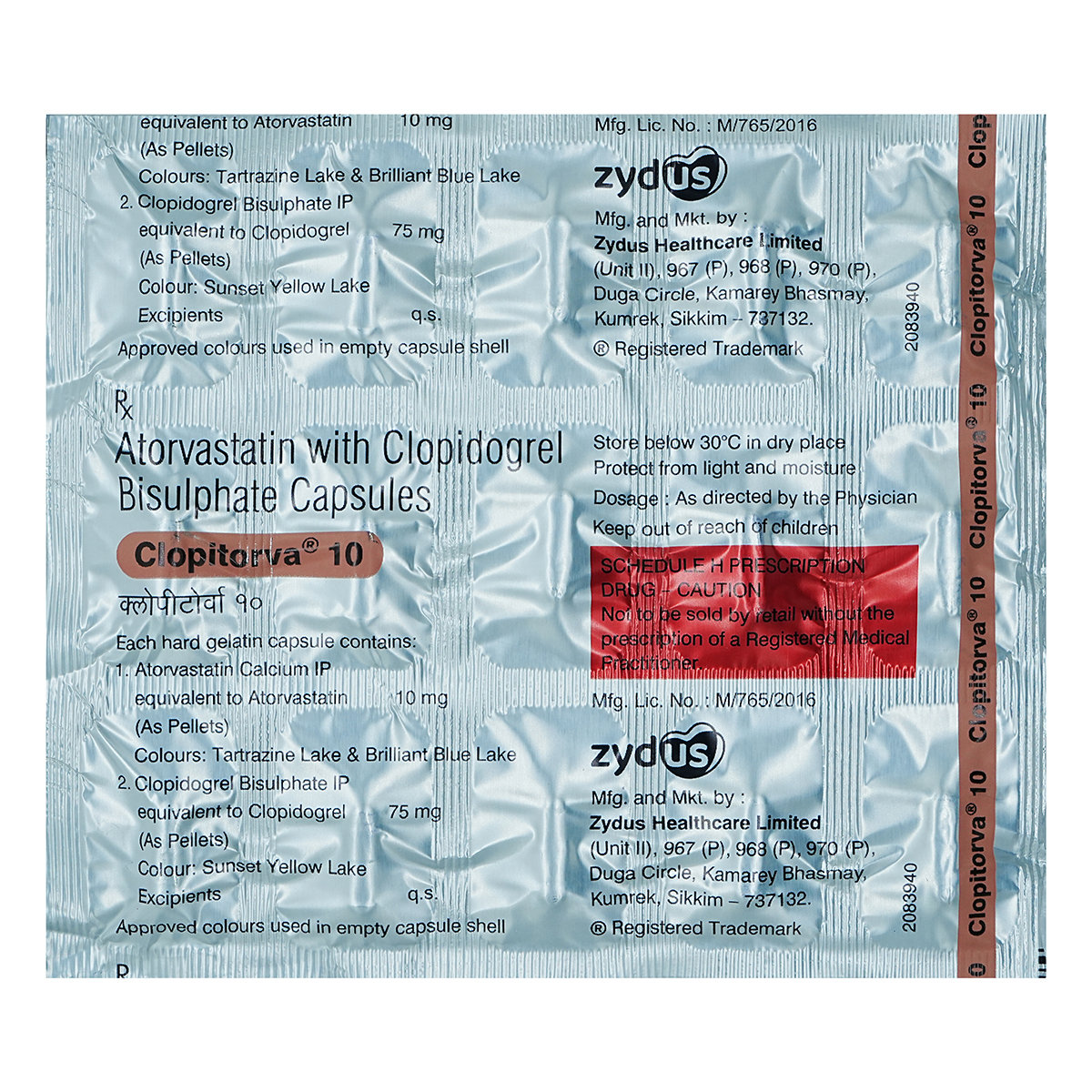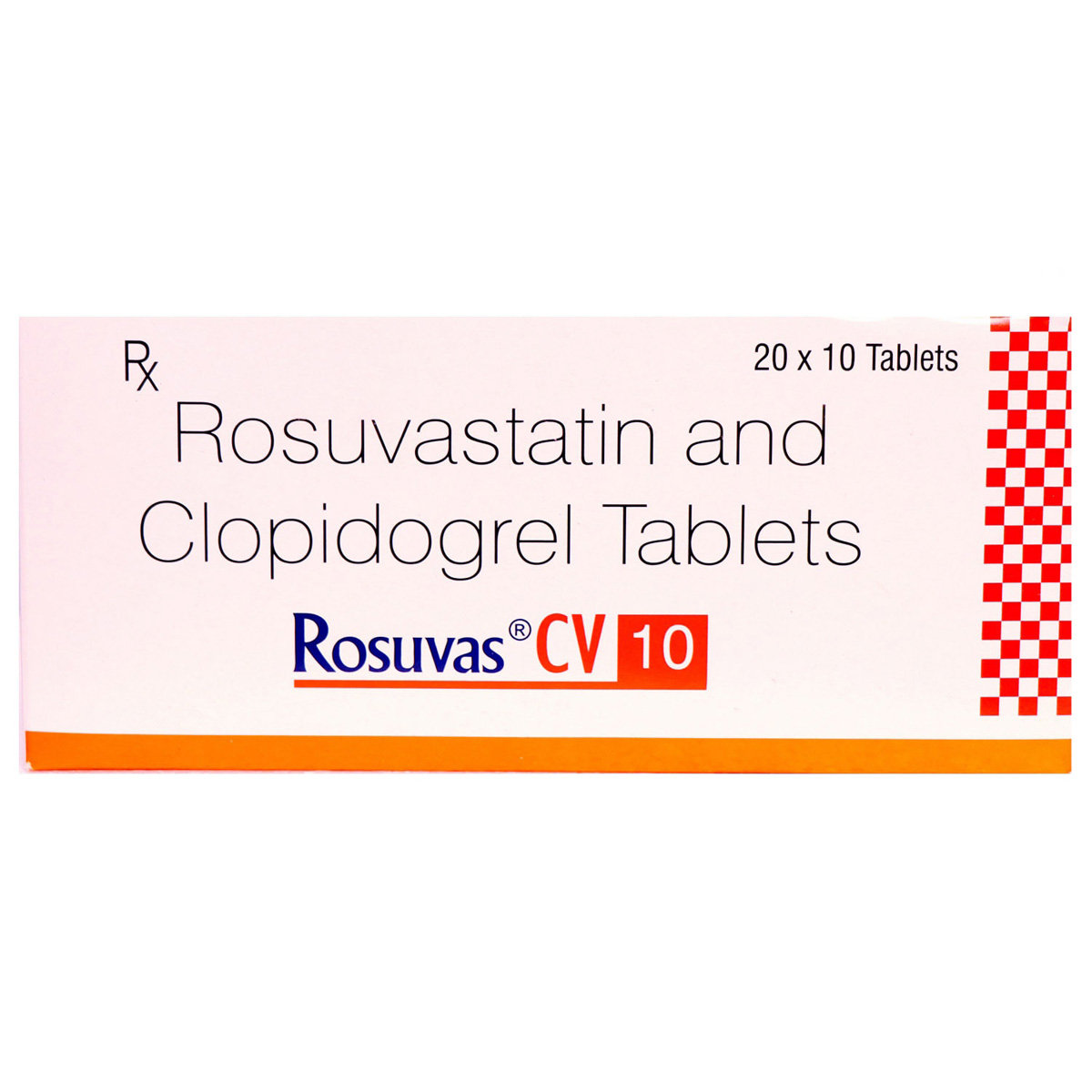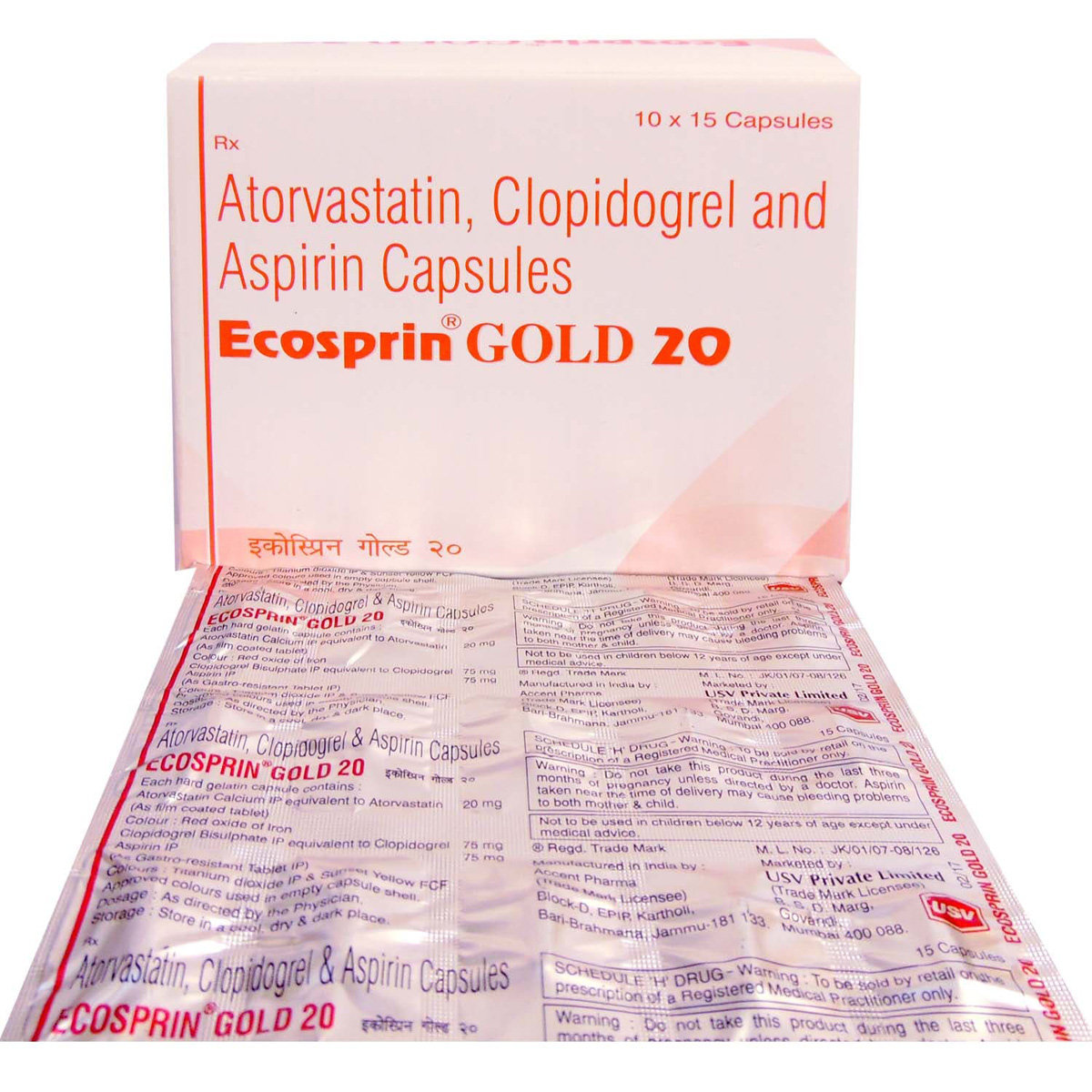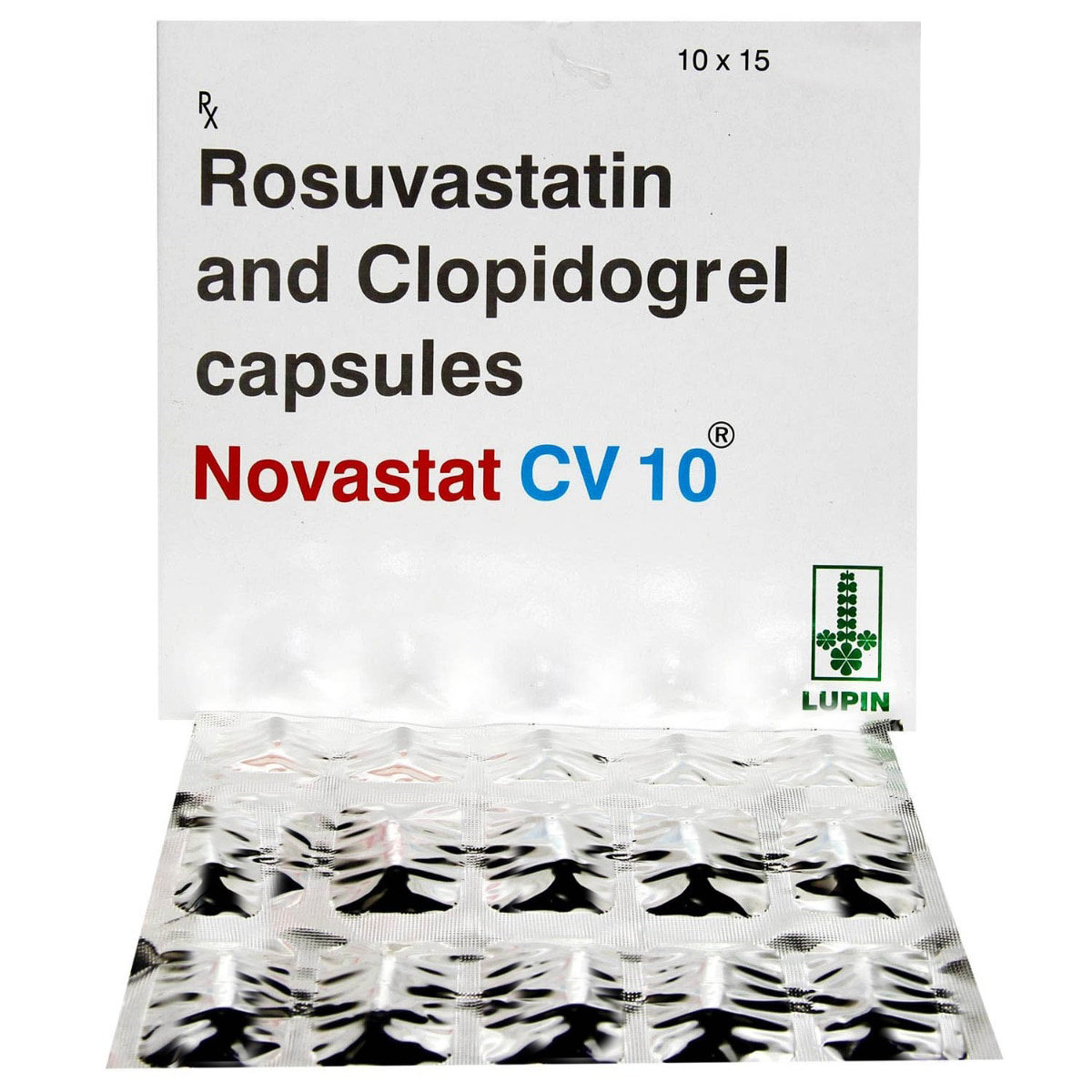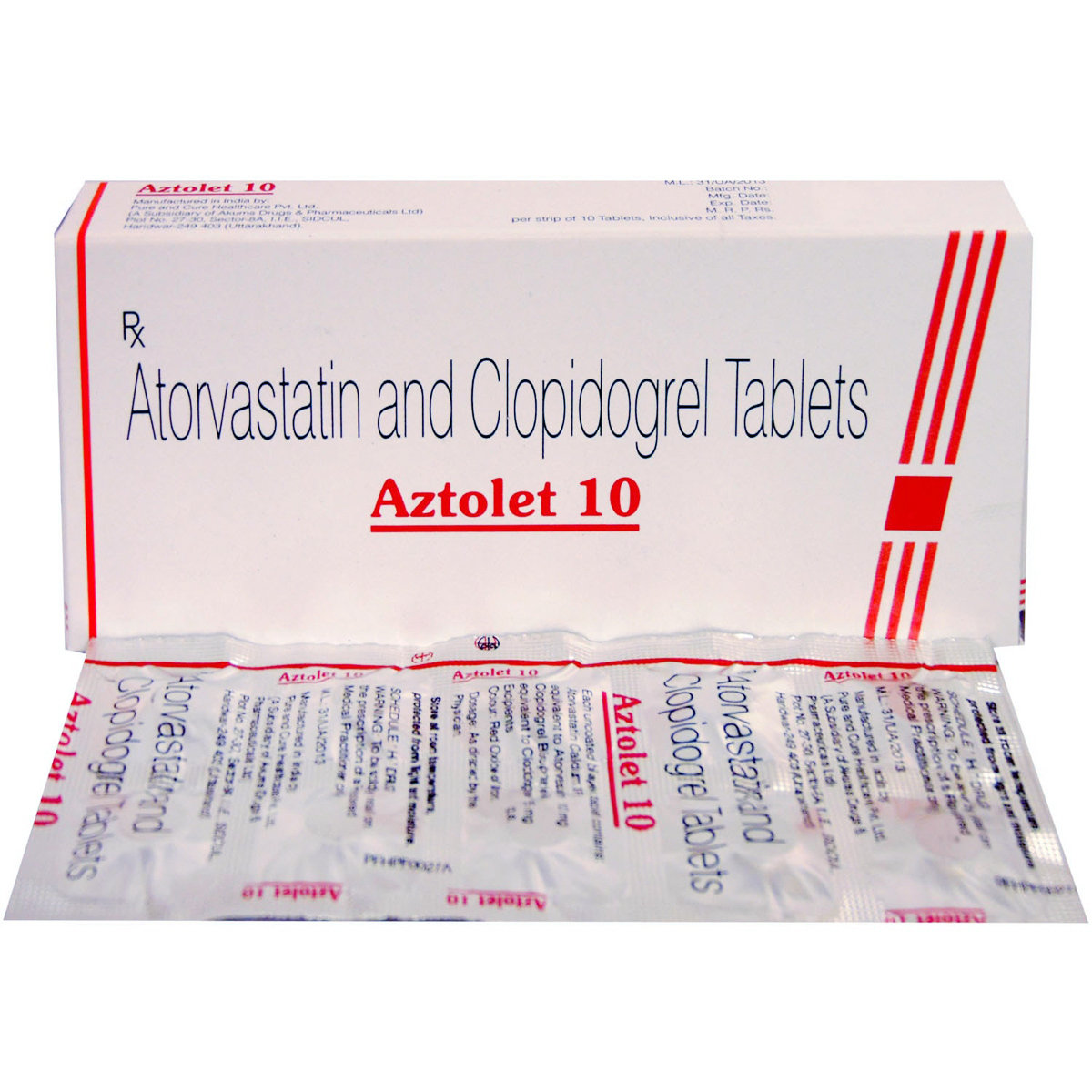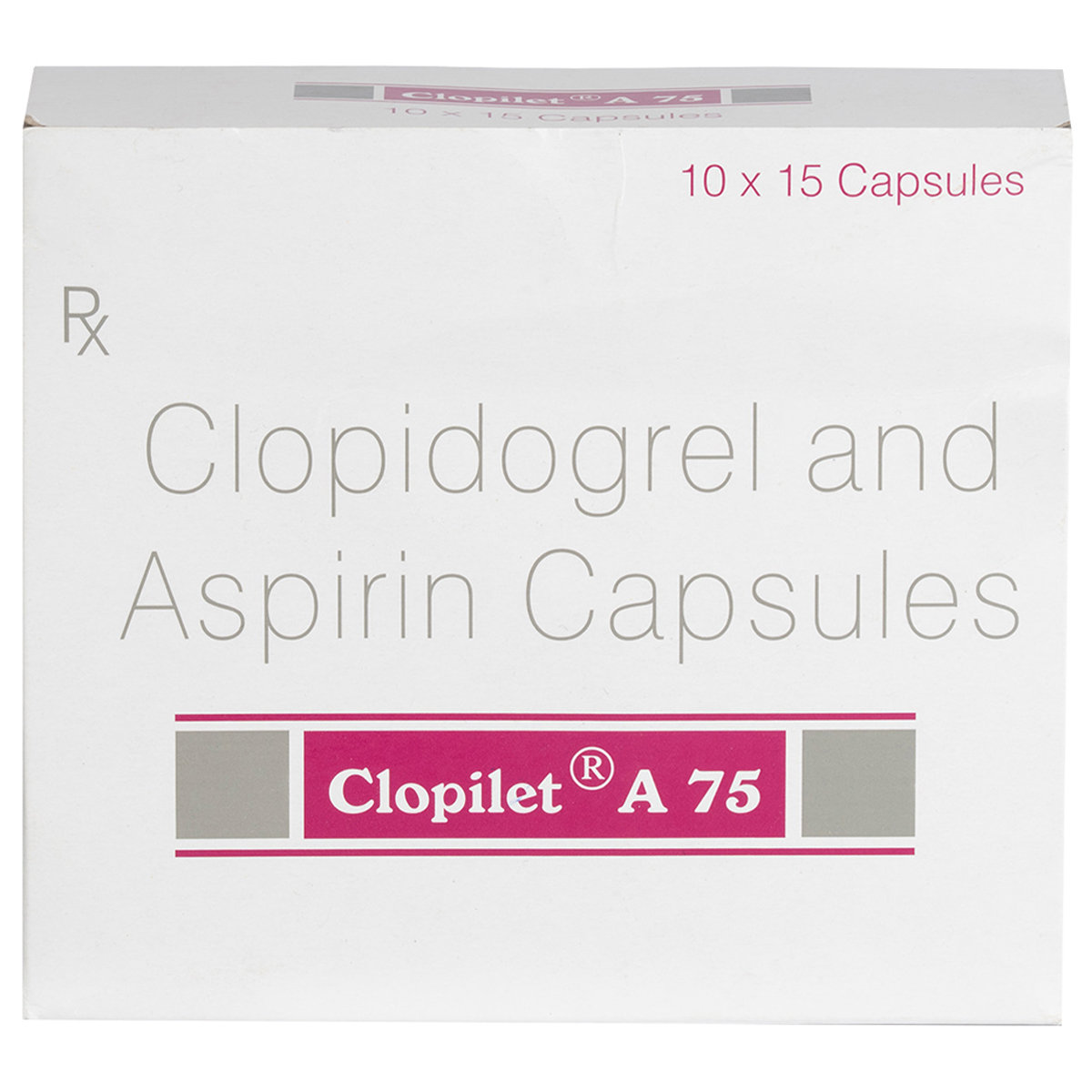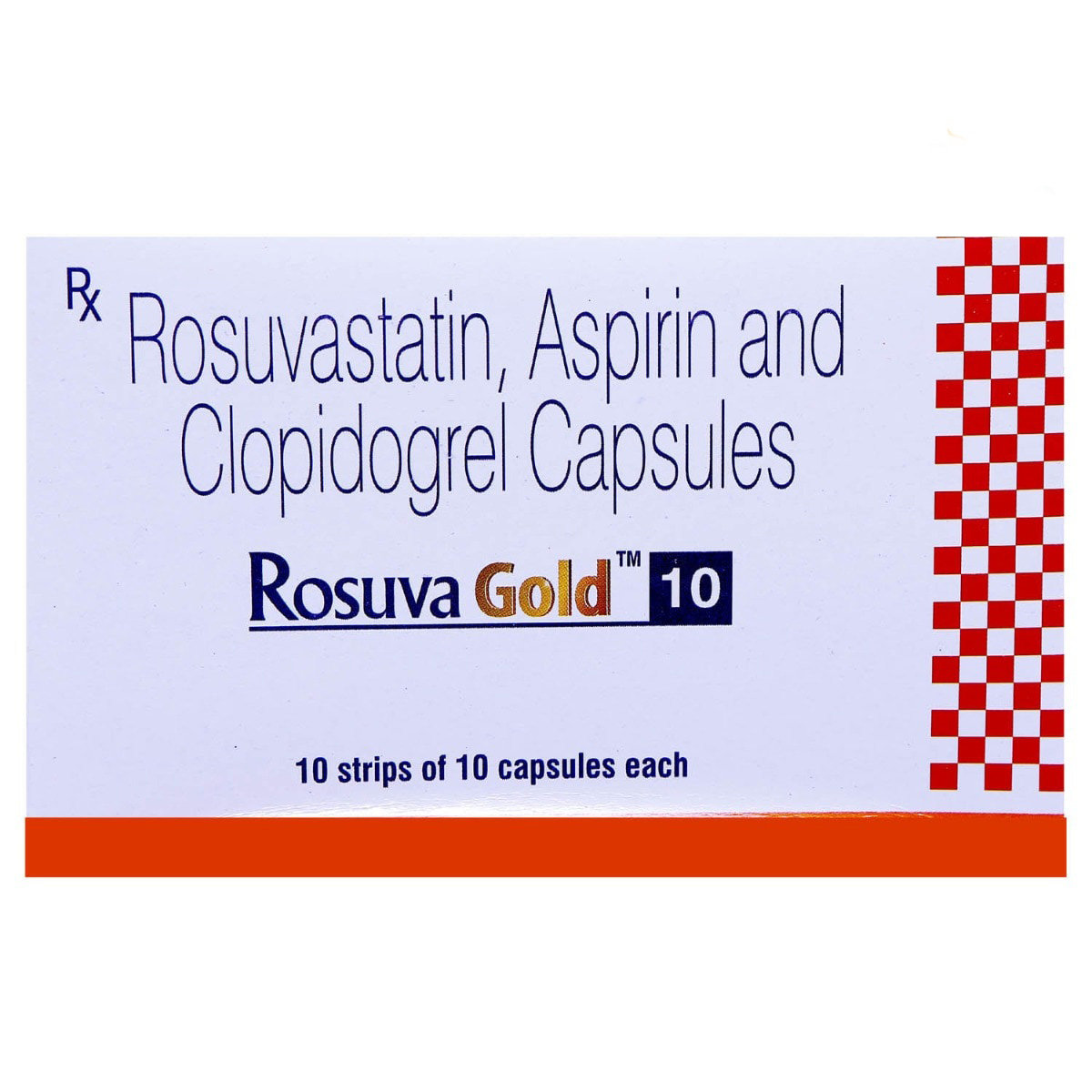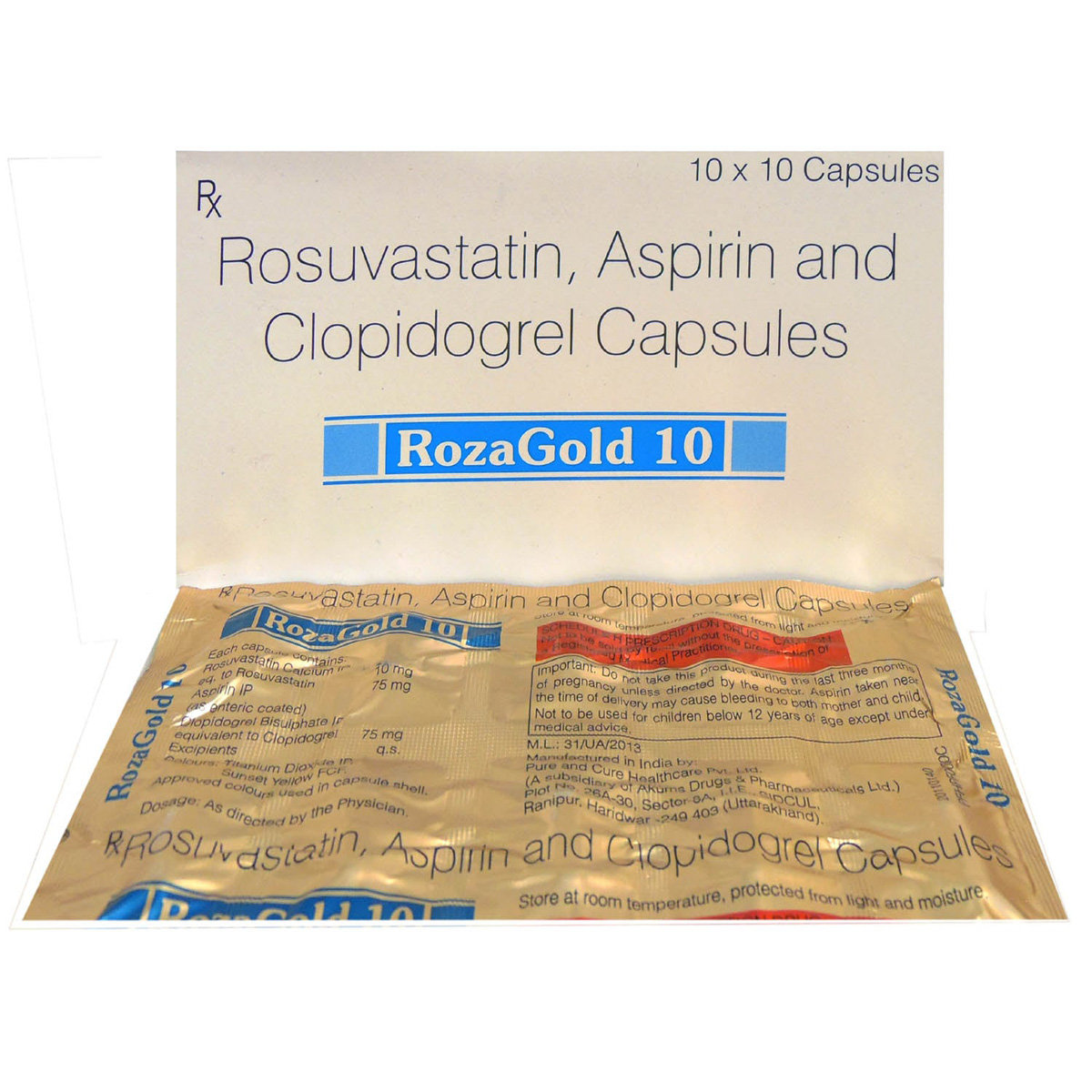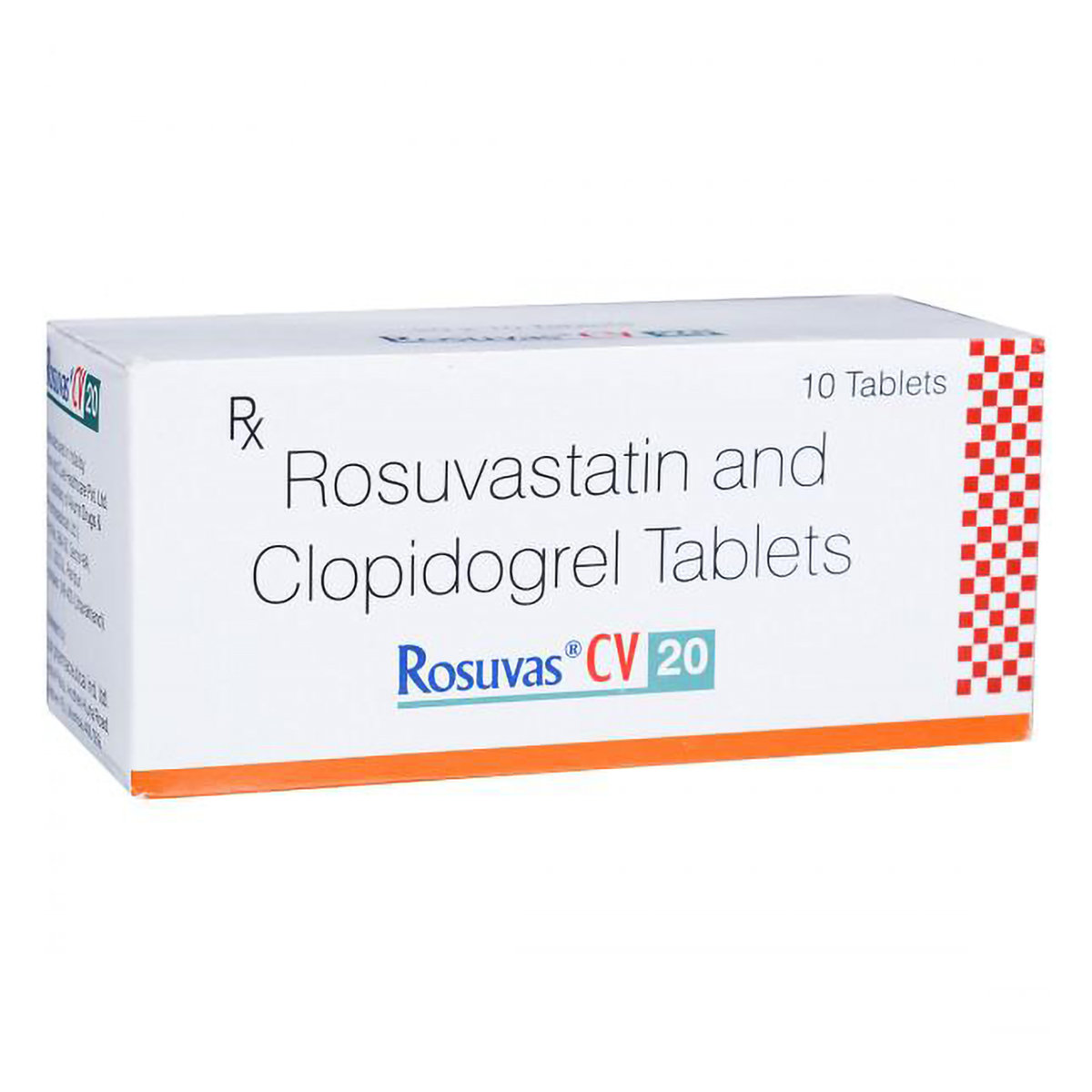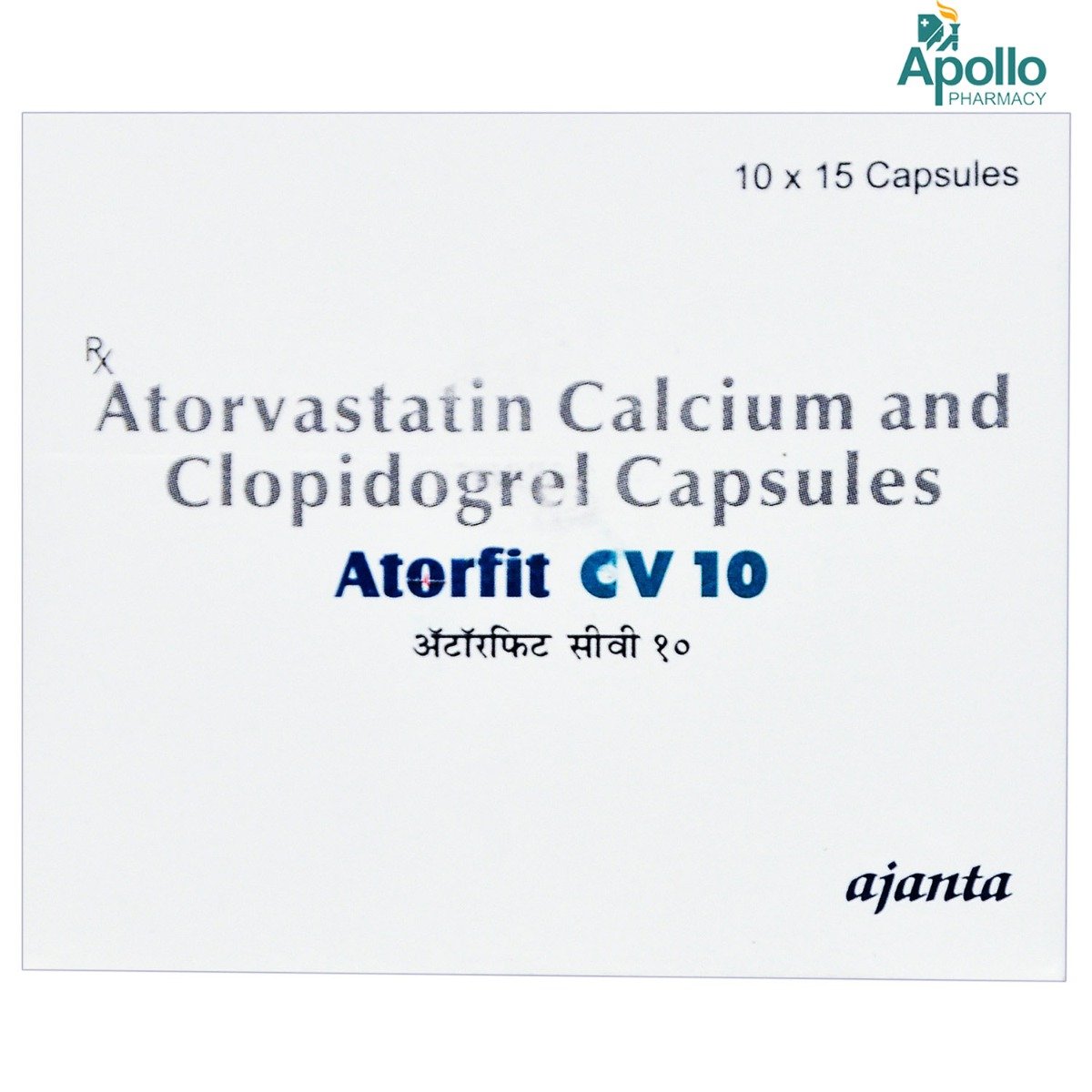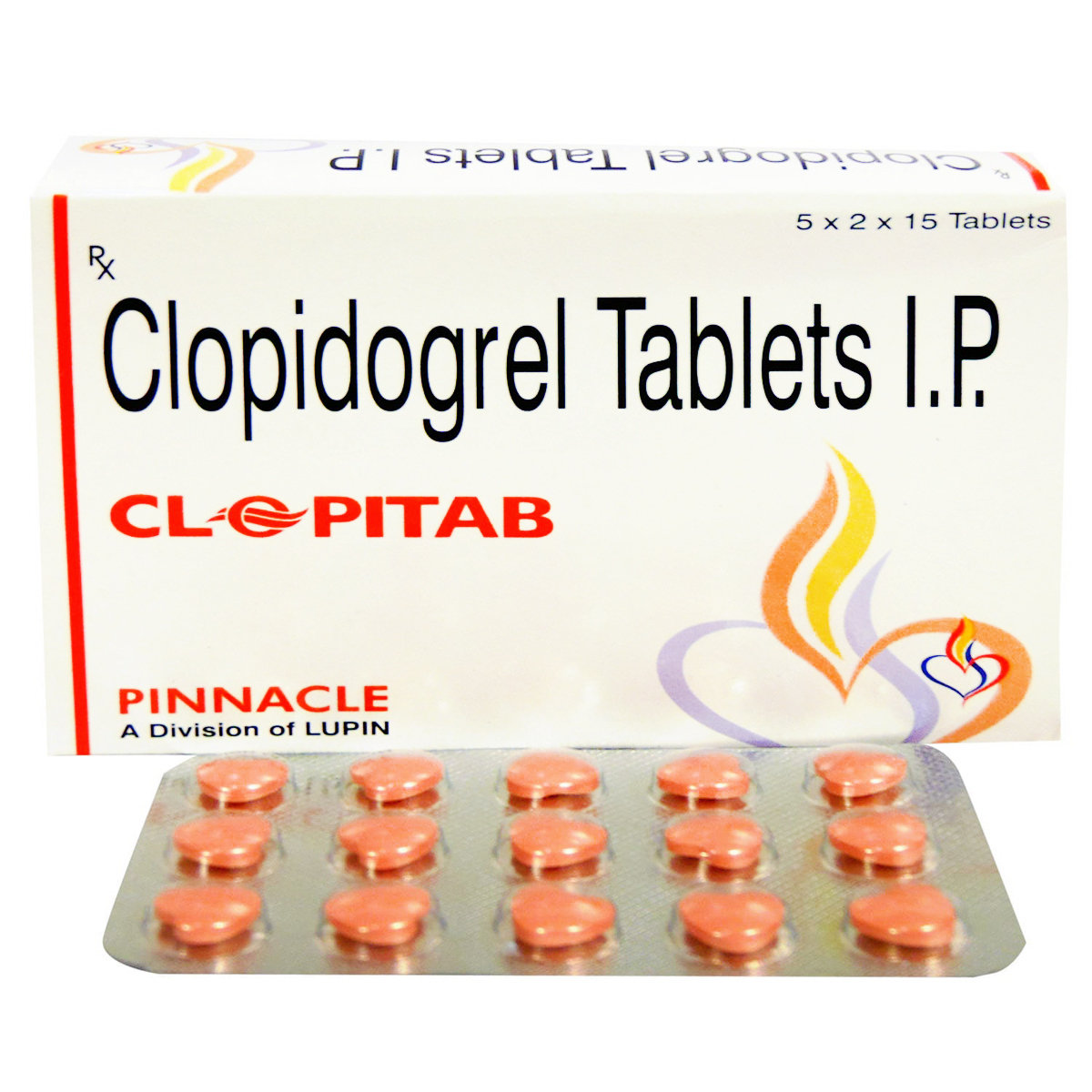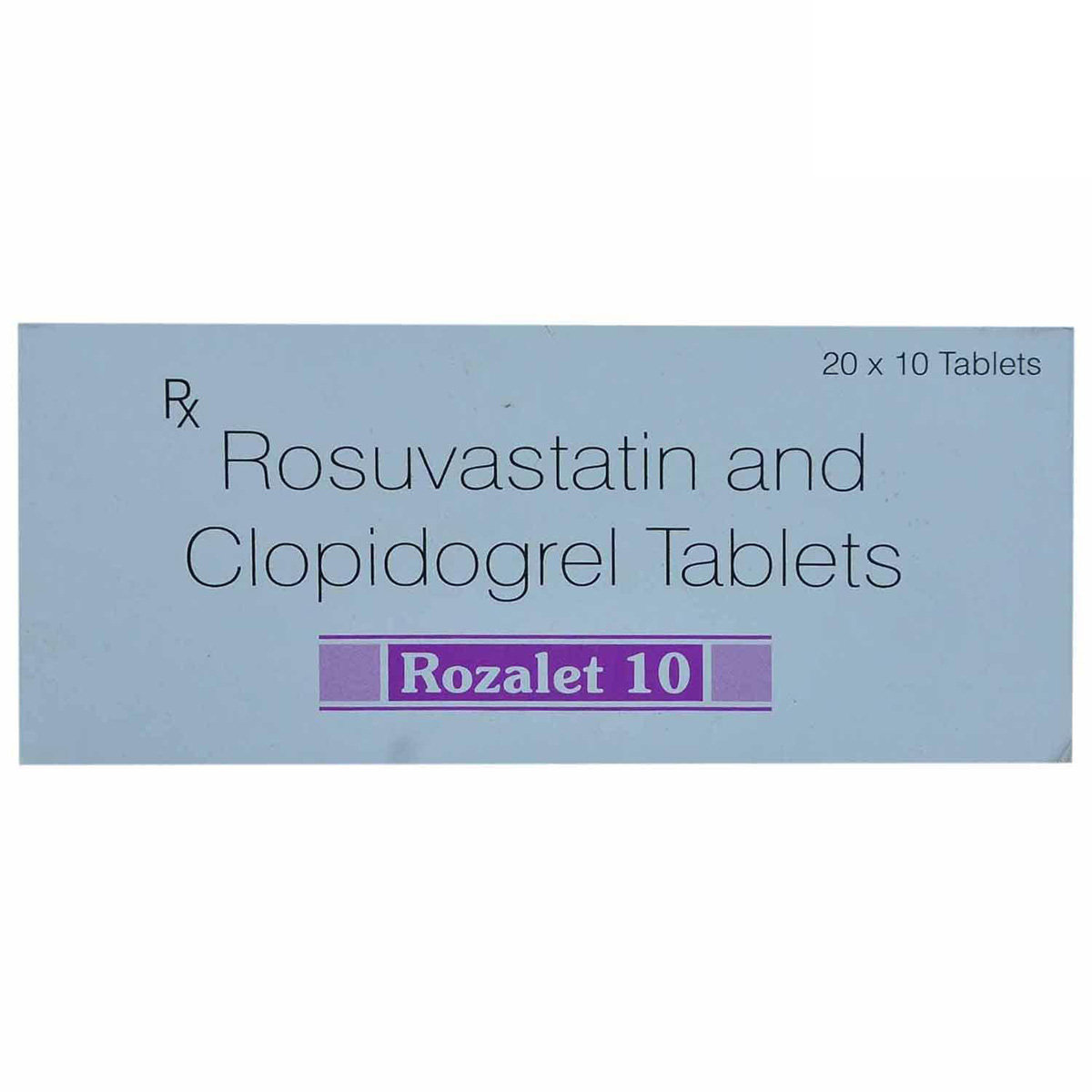Clopidogrel
About Clopidogrel
Clopidogrel is used for the prevention of heart attack or stroke in people at high risk of heart disease. A heart attack generally refers to the blocked flow of blood to the heart because of the blockage of arteries.
Clopidogrel contains clopidogrel, which works by preventing the formation of harmful blood clots (plaque) in your veins. It makes your blood flow easily through your veins, making it less likely to form a serious blood clot.
In some cases, you may experience nosebleeds, heavier periods, bleeding gums, easy bruising, diarrhoea, stomach pain, indigestion, or heartburn. If the side effects are persistent, reach out to your doctor.
Clopidogrel should be taken orally with or without food. It should be swallowed whole with a glass of water. Do not chew, bite or break it. Your doctor will advise you how often you take the medicine based on your medical condition.
Avoid taking Clopidogrel if you are allergic to it. Let your doctor know if you have any liver, kidney, or heart problems. Clopidogrel should be taken cautiously in pregnant or breastfeeding women. Do not take Clopidogrel with aspirin or ibuprofen for pain relief while you are using Clopidogrel. It may increase the chance of having stomach ulcers or severe gastric bleeding.
Uses of Clopidogrel
Medicinal Benefits
- Clopidogrel plays a vital role in preventing the formation of harmful blood clots in your blood vessels by making platelets (clotting agents) stick together.
- It helps to reduce the risk of heart attack, stroke, unstable angina (heart-related chest pain), and peripheral arterial disease (blocked or poor blood flow due to narrowed blood vessels) in heart disease patients and patients who have undergone recent heart surgery with a stent.
Directions for Use
- Clopidogrel can be taken with or without food. However, if it causes stomach upset, take it with food.
- It is usually taken once daily at the same time each day or as prescribed by your doctor.
- Swallow Clopidogrel as a whole with a glass of water.
- Do not crush, chew, or break it.
Storage
Side Effects of Clopidogrel
- Nosebleeds
- Heavier periods
- Bleeding gums
- Easy bruising
- Diarrhoea
- Stomach pain
- Indigestion or heartburn
Medicines Containing this Salt
View AllDrug Warnings
- Avoid taking Clopidogrel if you are allergic to it.
- Indigestion medicines known as proton pump inhibitors, like omeprazole, should be used with caution while taking Clopidogrel.
- Prolonged use of Clopidogrel can cause bleeding problems (like nosebleeds, heavier periods, bleeding gums, and easy bruising).
- If you are going to have any surgery, discontinue taking Clopidogrel 5 days before the surgery.
- Sudden discontinuation of Clopidogrel might increase the risk of heart attack, stroke, and other cardiovascular events. So, do not stop taking Clopidogrel suddenly.
- If you have had a recent stroke or heart attack, stop the intake of Clopidogrel with painkillers like aspirin or ibuprofen, as it can increase your stomach or gastrointestinal bleeding.
- Purpura (blood leakage under the skin) has been observed with the use of Clopidogrel, including in fatal cases. Therefore, inform your doctor if you observe any such conditions during the treatment.
- Inform your doctor if you are pregnant or breastfeeding before taking Clopidogrel.
- Clopidogrel is not recommended for use in children below 16 years of age.
Drug Interactions
Drug-Drug Interactions: Clopidogrel may have interaction with other anticoagulants (e.g. warfarin, aspirin, rivaroxaban, apixaban), pain killers (e.g. ibuprofen), antidepressants (e.g. citalopram), and indigestion medicine/proton pump inhibitors (e.g. omeprazole).
Drug-Food Interactions: Clopidogrel may interact with Ginkgo biloba and St John’s wort plant (used as an antidepressant) and increase the risk of bleeding.
Drug-Disease Interactions: Clopidogrel should not be given to the people with stomach ulcers, brain haemorrhage (bleeding in your brain), haemophilia (a bleeding disorder), and liver or kidney problems.
Drug-Drug Interactions Checker List:
Safety Advice

Alcohol
cautionYou can drink alcohol with Clopidogrel. But do not drink too much while taking this medicine. It can irritate your stomach.

Pregnancy
consult your doctorLimited information is available about the use of Clopidogrel in pregnant women. Therefore, please consult your doctor. Your doctor will weigh the benefits and any potential risks before prescribing it to you.

Breast Feeding
consult your doctorLimited information is available about the use of Clopidogrel in breastfeeding mothers. Therefore, please consult your doctor. Your doctor will weigh the benefits and any potential risks before prescribing it to you.

Driving
safe if prescribedClopidogrel has no or negligible influence on the ability to drive or use machines.

Liver
safe if prescribedNo dosage adjustment is necessary in patients with liver disease.

Kidney
cautionClopidogrel should be taken with caution, especially if you have a history of kidney disease. Your doctor may have to adjust the dose.

Children
unsafeThe safety and effectiveness of Clopidogrel have not been established in children due to limited testing of this drug on children by competent authorities across the world. Hence, Clopidogrel is not recommended for use in children.
Habit Forming
Diet & Lifestyle Advise
- A low cholesterol diet and a regular exercise regime complement treatment with Clopidogrel effectively.
- Stick to a freshly prepared home-cooked meal and avoid processed, packed foods that contain hidden sugar and extra calories.
- Replacing most of your saturated fats with unsaturated fats can reduce total cholesterol and LDL cholesterol (bad cholesterol) quickly.
- Foods like avocados, olive oil, fatty fish and nuts contain many heart-healthy unsaturated fats, so eating them regularly is beneficial.
- Include a diet enriched in fats like fish oils, polyunsaturated oils, and omega-3 fatty acids, which are good for heart health.
- Quit smoking and avoid excessive intake of alcohol.
Special Advise
- As Clopidogrel tends to increase bleeding, try to avoid injuries, keep away from sharp objects, and inform your doctor if you have peptic ulcers or injuries.
Patients Concern
Disease/Condition Glossary
A blood clot can occur in any part of the body and can lead to a heart attack, stroke, and damage to organs (even coma or death). Blood clots can reach your arteries or veins in organs like the brain, kidney, heart, lungs, and limbs. Conditions like atherosclerosis, diabetes, heart failure, irregular heartbeat (arrhythmia), and obesity/overweight can trigger excessive blood clotting in the brain and heart. On the other hand, deep vein thrombosis (blood clot in veins), peripheral artery disease (narrowed arteries due to fat deposit or blood clot), and atherosclerosis (fat built upon the walls of the arteries) can cause a blood clot in your limbs.
FAQs
Clopidogrel is used to prevent heart attack or stroke in people at high risk of heart disease.
Clopidogrel belongs to a class of medications called a blood thinner or an antiplatelet medication. Clopidogrel plays a vital role in preventing the formation of harmful blood clots (plaque) in your veins. It makes blood flow easily through your veins, making it less likely to form a serious blood clot. So, an intake of Clopidogrel helps prevent blood clots if you have an increased risk of having severe chest pain (unstable angina or heart attack), stroke, and peripheral arterial disease (heart problem due to narrowed blood vessels).
Yes, Clopidogrel causes blood to thin. It works by preventing platelets (a type of blood cell) from sticking together and forming clots.
Please consult your doctor if Clopidogrel needs to be stopped before undergoing surgery. The doctor might ask you to stop taking Clopidogrel a few days before surgery to avoid the increased risk of bleeding during the procedure.
Do not take aspirin for pain relief or ibuprofen while you are taking Clopidogrel unless your doctor says it's OK. They raise the risk of unusual bleeding.
When a blood clot is treated, guidelines recommend that patients take blood thinners for the rest of their lives. If they do not, the chance of developing a second clot is 30 to 40 per cent in the next 10 years.
There might be a problem if you are taking herbal therapies with Clopidogrel, especially those that affect the blood, like Ginkgo Biloba and St John's wort plant extract used as an antidepressant. Together, taking can increase your risk of bleeding. Tell your doctor if you are using any type of herbal supplements before taking Clopidogrel.
Yes, taking Clopidogrel can increase the risk of bleeding as it contains aspirin, which is a blood thinner. So, please be very cautious while shaving, cutting fingernails or toenails, or using sharp objects to avoid any bleeding.
Clopidogrel should be swallowed as a whole with water; do not crush or chew it. Clopidogrel can be taken at any time of the day, but taking it at the same time daily would be better.
Yes, Clopidogrel is a blood thinner. It contains clopidogrel, an antiplatelet medicine that prevents the formation of harmful blood clots.
No, Clopidogrel is not a steroid. It is an antiplatelet medicine.
Clopidogrel might lower the blood pressure. Not everyone experiences this as it is a rare side effect. Consult the doctor if you experience dizziness, blurred vision or light-headedness.
Do not take Clopidogrel if you are allergic to any of its components, have severe liver disease or have a medical condition that causes bleeding such as a stomach ulcer or bleeding within the brain.
You can drink alcohol with Clopidogrel. But do not drink too much alcohol as it can cause stomach irritation.
Avoid taking omeprazole along with Clopidogrel as omeprazole can reduce the levels of clopidogrel and affect its working. Consult the doctor before taking omeprazole with Clopidogrel.
Stopping Clopidogrel may increase the risk of heart attack or stroke. Therefore, do not discontinue Clopidogrel without consulting your doctor.
Clopidogrel starts working within 2 hours of taking it.
Clopidogrel should be taken for as long as it has been prescribed by the doctor. The doctor will determine the duration of treatment based on your condition.
Yes, you can eat food while taking Clopidogrel as it helps lower stomach irritation.
Be cautious while using sharp objects as you may bleed more easily or for a longer time than usual while you are taking Clopidogrel. Let the doctor know that you are taking Clopidogrel if you are due to undergo any surgery or dental procedure.
If you miss a dose of Clopidogrel take it as soon as you remember, However, if it is almost time for the scheduled dose, skip the missed dose and take the next dose at the scheduled time.
Consult the doctor before taking other medicines while on treatment with Clopidogrel. Let the doctor know if you are using anticoagulants, painkillers, antidepressants or indigestion medicines.
Side effects of Clopidogrel include diarrhoea, stomach pain, indigestion, heartburn, headache, nausea, vomiting, constipation, and dizziness. Consult the doctor if the side effects persist or worsen.

